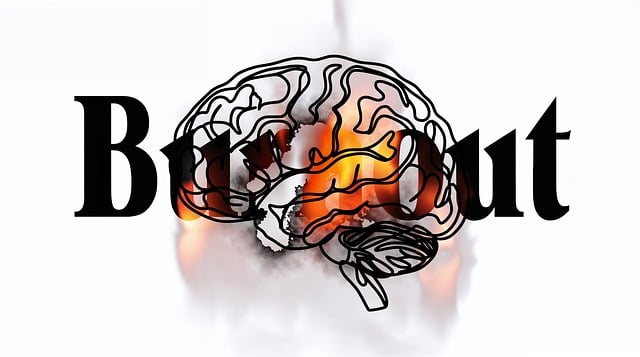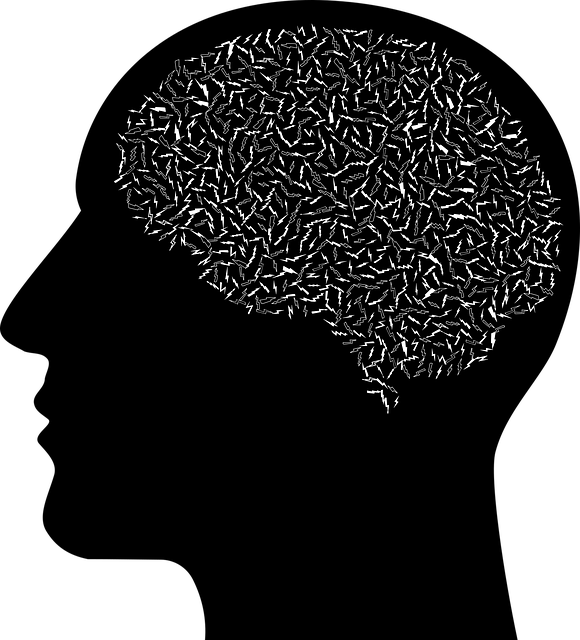Denver Divorce Therapy leverages skilled facilitators to create safe, supportive group environments where individuals navigate sensitive life transitions like separation with enhanced emotional support and resilience. Evidence-based practices, cultural sensitivity, interactive activities, and mental wellness coaching programs facilitate personal growth, healing, and informed decision-making within diverse communities. Standardized assessments track progress, while public awareness campaigns promote overall well-being for group members.
Mental wellness group facilitation plays a pivotal role in fostering community and accelerating recovery. This article explores effective techniques tailored to Denver Divorce Therapy groups, focusing on creating safe spaces, facilitating open communication, and integrating interactive activities to strengthen bonds among members. Additionally, it delves into assessment tools that enable facilitators to measure progress and promote healing. By mastering these strategies, therapists can enhance the overall efficacy of group therapy sessions in Denver.
- Understanding the Role of Group Facilitation in Mental Wellness
- Creating a Safe and Supportive Environment for Denver Divorce Therapy Groups
- Effective Communication Strategies for Group Facilitators
- Incorporating Interactive Activities to Enhance Group Dynamics
- Measuring and Promoting Recovery: Assessment Techniques for Group Facilitators
Understanding the Role of Group Facilitation in Mental Wellness

In the realm of mental wellness, group facilitation plays a pivotal role, serving as a powerful tool to enhance collective well-being. When it comes to sensitive topics like Denver Divorce Therapy, skilled facilitators create safe spaces where individuals can navigate challenging life transitions, such as separation or divorce, collectively. This approach fosters a sense of community and belonging, which is essential for managing stress and promoting healing.
Group facilitation techniques, including Empathy Building Strategies, are employed to encourage open dialogue, foster understanding among members, and enhance emotional support. Mental Wellness programs often incorporate Stress Management Workshops, where facilitators guide participants through evidence-based practices. These workshops not only equip individuals with coping mechanisms but also provide a platform for sharing experiences and learning from one another, ultimately contributing to a more resilient and supportive organization or community.
Creating a Safe and Supportive Environment for Denver Divorce Therapy Groups

Creating a safe and supportive environment is paramount for effective Denver Divorce Therapy groups. Facilitators play a crucial role in cultivating a space where individuals feel secure to share their experiences, fears, and hopes. This begins with establishing clear ground rules that emphasize respect, confidentiality, and active listening. By fostering an atmosphere of non-judgment, facilitators encourage participants to embrace vulnerability, a cornerstone of the Mind Over Matter Principles.
Cultural sensitivity in mental healthcare practice is another essential aspect of group facilitation. Recognizing and respecting diverse backgrounds, beliefs, and experiences ensures everyone feels seen and heard. This awareness promotes open dialogue about unique challenges, particularly regarding mood management, which can be influenced by cultural factors. Through inclusive practices, Denver Divorce Therapy groups offer a sanctuary where individuals can navigate their journeys towards healing and personal growth.
Effective Communication Strategies for Group Facilitators

Incorporating Interactive Activities to Enhance Group Dynamics

Incorporating interactive activities into mental wellness group sessions can significantly enhance group dynamics in Denver Divorce Therapy settings. These engaging exercises facilitate better communication and build trust among members, creating a safe space for vulnerability. For instance, icebreaker games tailored to address common challenges faced during divorce can foster camaraderie and normalize individual experiences.
Self-Awareness Exercises and Positive Thinking techniques, when incorporated into the interactive mix, empower group members with coping strategies. Activities that encourage reflection and open dialogue about emotions and thought patterns contribute to a deeper understanding of oneself and others. Such practices are integral to the Mental Health Policy Analysis and Advocacy approach, aiming to strengthen individuals’ resilience and overall mental wellness within supportive communities.
Measuring and Promoting Recovery: Assessment Techniques for Group Facilitators

Measuring and promoting recovery is a core aspect of group facilitation, especially in settings like Denver Divorce Therapy. Facilitators play a pivotal role in assessing participants’ progress and designing strategies to enhance mental wellness. One effective technique involves utilizing standardized assessment tools tailored to specific concerns, such as depression, anxiety, or coping skills. These tools provide quantifiable data, enabling facilitators to track individual and group improvements over time.
Moreover, integrating public awareness campaigns development and mental wellness coaching programs can further support recovery. Group discussions facilitated by trained professionals encourage members to share experiences, offer peer support, and develop social skills training. This collective approach not only enhances understanding of mental health but also fosters a sense of community, ultimately contributing to the overall well-being of group participants.
Group facilitation plays a pivotal role in enhancing mental wellness, particularly within Denver Divorce Therapy settings. By fostering safe spaces, employing effective communication, and incorporating interactive activities, facilitators can create supportive environments that promote healing and growth. Assessing recovery through various techniques enables facilitators to tailor their approach, ultimately revolutionizing the therapeutic experience for individuals navigating divorce. These strategies ensure that Denver Divorce Therapy groups become vibrant tapestry of support, enabling participants to embark on their journey towards metamorphosis and indelible personal development.









